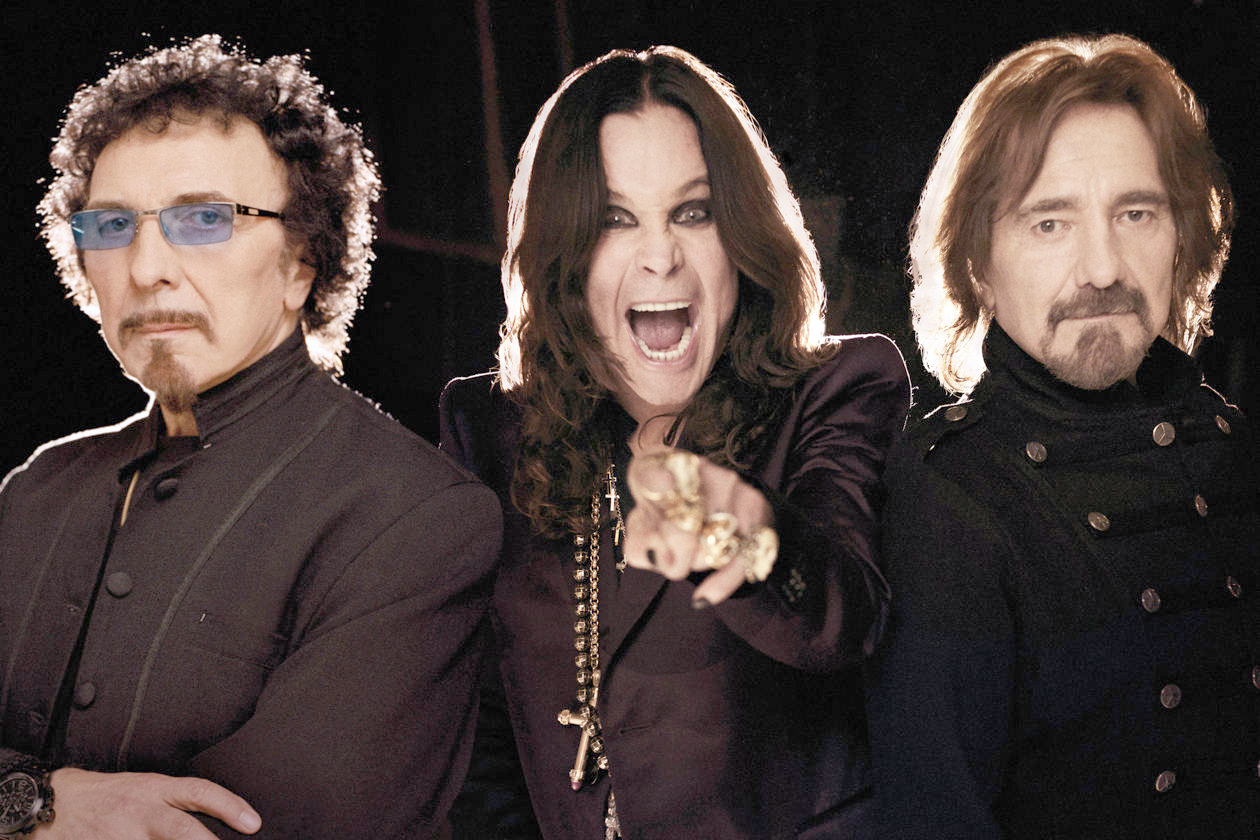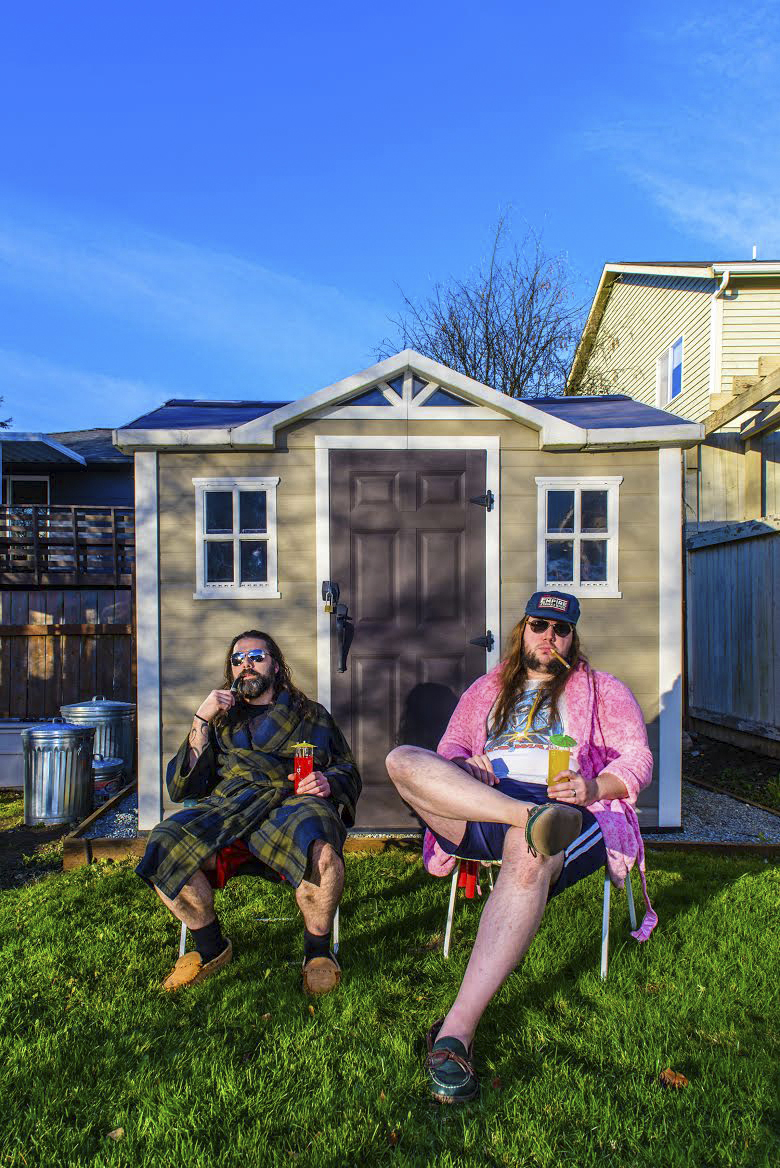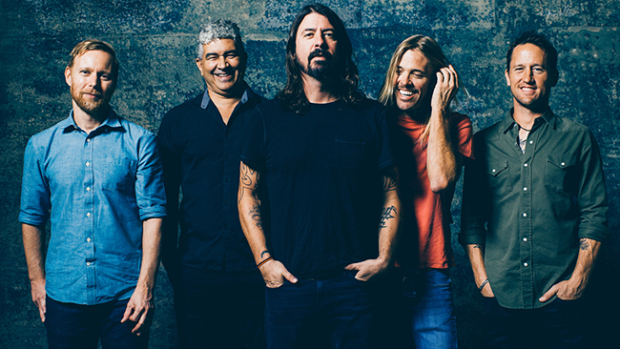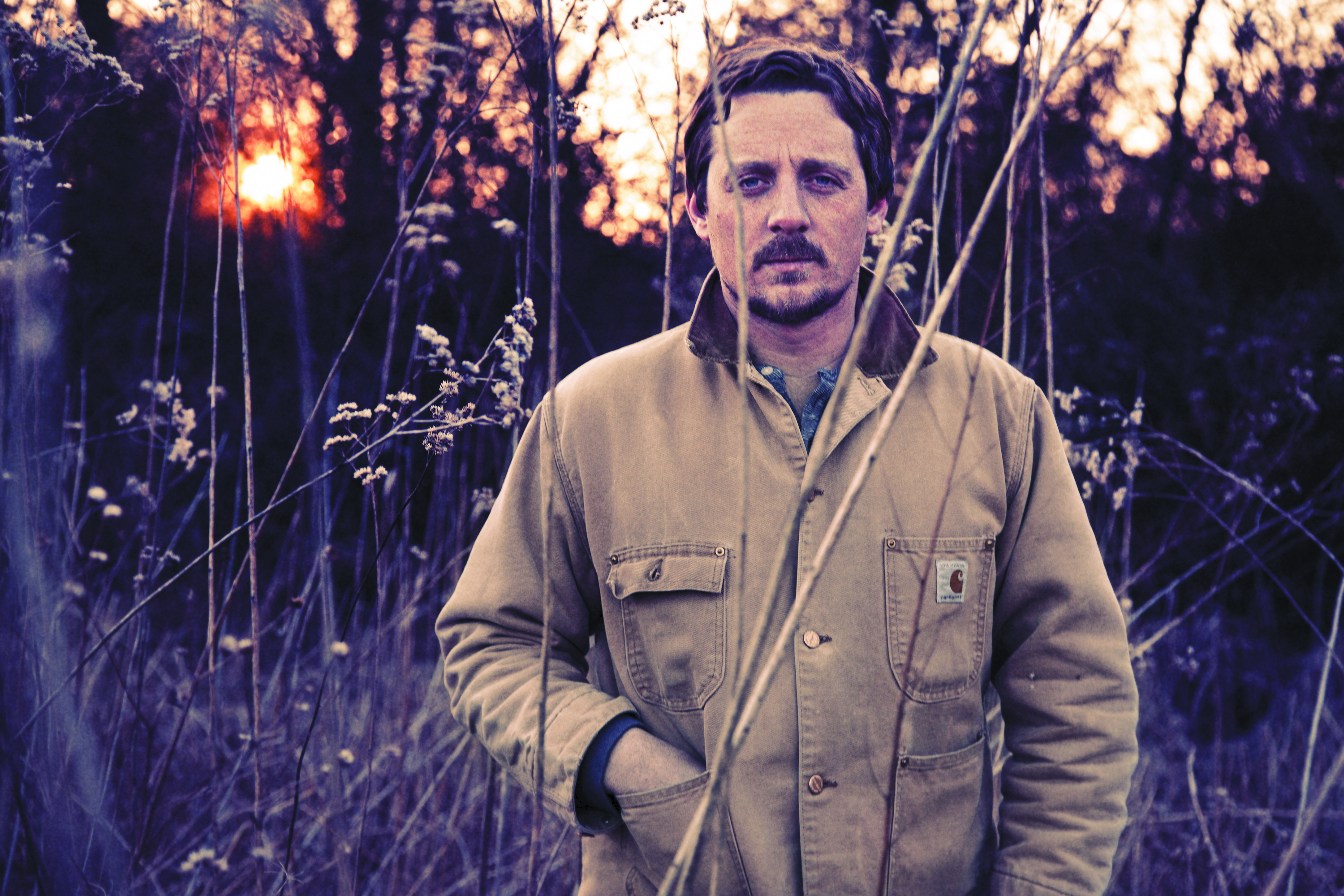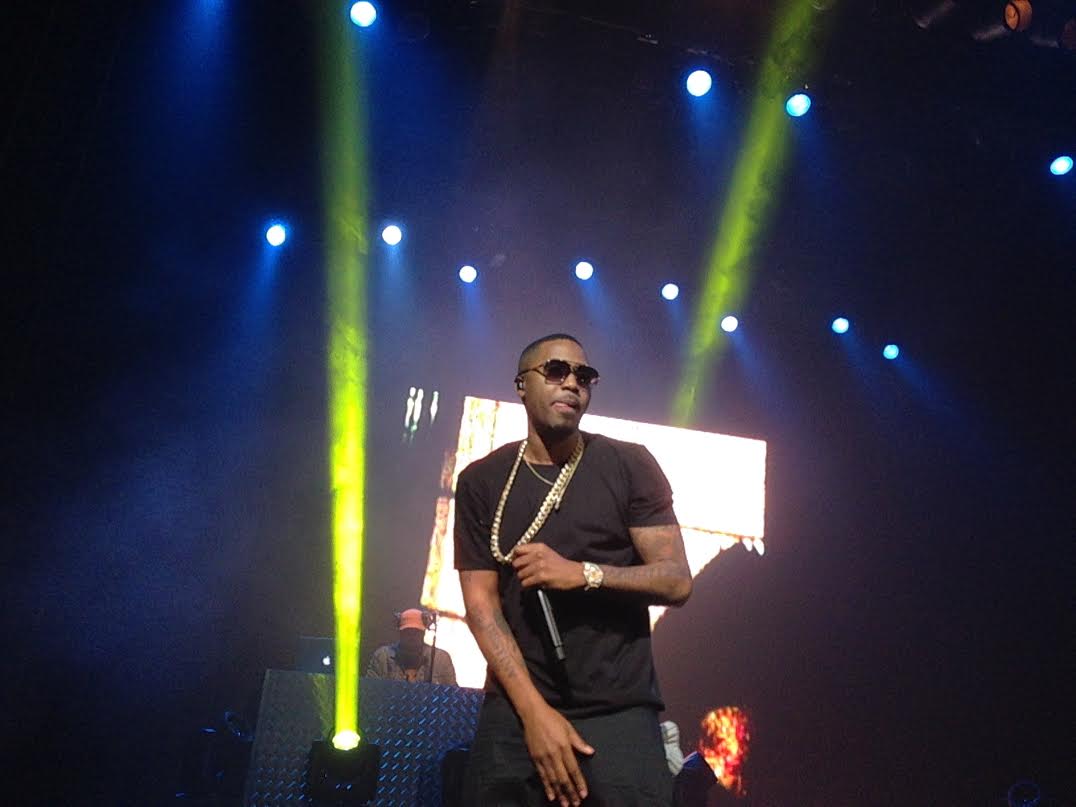Fresh on the heels of their first ever number one record in the United States—the critically lauded 13—the heavy metal progenitors in Black Sabbath have hit the road for a summer tour of North America, which includes a stop at the Gorge Amphitheater on August 24. We recently had the opportunity to speak with the band’s enigmatic guitarist Tony Iommi about the tour, the new record and how he’s managed to overcome so many adversities to make it to this point.
Your new album
13
has become your first number one record here in the U.S., how do you feel about that fact and what does it mean to you? It’s great! We couldn’t believe it got to number one especially after so many years. We’ve had so many number fives, and eights and that sort of stuff but never a number one over here so it’s a terrific bonus for us. It was great just to be able to get back together and finally do an album.
Let’s talk about that album. It’s been reported previously that in going into the studio with producer Rick Rubin one of the goals was to get a sound that remained faithful to your first record, Black Sabbath. What methods were used in the studio to achieve that goal? I think the approach was to get the vibe of the first album, which was to go very basic. It was difficult at first for us because obviously we’ve gone on for so long that you develop a different way of working and Rick wanted us to go back to the original basic way. He said to us, “Treat this like it’s your second album.” We had to wipe forty-odd years out, which is quite difficult to do. So we went in with the same idea and the same setup—one amp, one cabinet, Ozzy in the booth in back. We played it live and Ozzy sang until we got the right take, which is how we did it in the early days.
What was your approach like heading into the studio itself? How much material was worked out beforehand and how much improvisation and writing took place during the recording itself? We sort of did it both ways this go round. It was actually kind of difficult because we had [Rage Against the Machine drummer] Brad Wilk come in at the last minute to play drums so we were going through the songs we’d already written and learned with Brad and he was just getting the hang of them. Then of course when we finally got into the studio, Rick sort of threw us a curveball and said, “Let’s do this in a different way. Let’s put this part in, take that part out…” It made it all a lot more off-the-cuff really.
On one occasion Rick got in touch with me on a Friday evening—we had weekends off—he emailed me and said, “Do you think you can come up with an acoustic sort of thing and a vocal?” I went, “Oh, okay…” So on the Saturday I wrote this idea and on the Monday we recorded it. That track ended up being “Zeitgeist,” which is on the album.
Ozzy has said that a lot of the songs on the album were arranged in a manner that would be conducive to playing live. Do you agree with him in that regard? Yes, absolutely. When we spoke with Rick Rubin we talked about Ozzy singing more in his range and trying to sing more in a lower register like on the early albums. Like on Black Sabbath, Ozzy sang more in his range in a lower tone and that’s what we wanted to get back to with this album so that we could do them live onstage.
How much material off 13 are you incorporating into the live set? We’re doing four new songs off the album—well, three off the album and one of the bonus tracks. The good thing now is that we can throw in any of the songs off the album because we don’t have the problem of him not being able to reach the notes.
In your opinion, how are the new songs stacking up against some of your older classic material and how does it feel to bring something new into the set? They are fitting in really well with the old material and it is really great to be able to do these songs. We’ve got a big catalog of the old stuff and we’ve sort of gotten locked into doing so many of them and certain ones Ozzy couldn’t do because they were so high—“Hole in the Sky,” and things like that. We’re also throwing some older ones in there that we haven’t played since 1970 so it’s been quite good.
Last year you were diagnosed with Lymphoma, which has been successfully treated. How are you holding up health-wise currently and what sorts of accommodations are being made with your health in mind? It’s early days but I’m all right at the moment. Our first couple of shows I got really tired when we were through. Of course we’ve also been playing out in the open air and with the heat I’ve been drenched so it’s been a bit of a jump in the deep end for me. But yeah, I’m holding up all right I hope. We have had to work the tour around my treatments because I can’t go out indefinitely now. I have to do two months or seven weeks and then go back to England for treatment. That knocks me about for ten days or so, then I start feeling better, then it’s on to the next leg.
